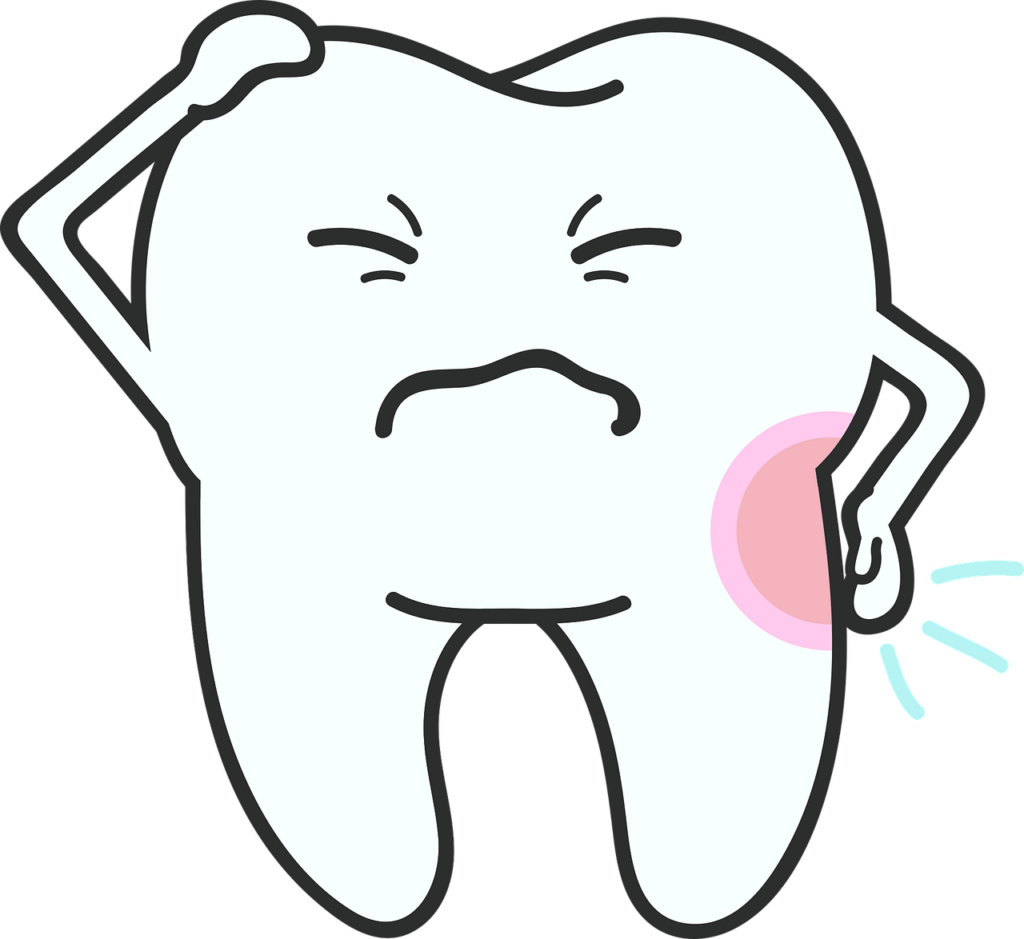Common Causes of Dental Emergencies in Inglewood and How to Prevent Them
Dental emergencies are sudden, often painful, and can disrupt your daily life. While it’s reassuring to know there’s a reliable emergency dentist in Inglewood ready to help when disaster strikes (as discussed in Your Guide to Emergency Dental Care in Inglewood), wouldn’t it be better to avoid them altogether?
Understanding the common causes of dental emergencies is the first step toward preventing them. By adopting proactive measures and maintaining good oral health habits, you can significantly reduce your risk of facing an urgent dental situation. This guide will explore the frequent culprits behind dental emergencies and provide practical tips to help you keep your smile healthy and avoid unexpected trips to the emergency dentist in Inglewood.

Understanding the Roots of Dental Emergencies
While accidents can happen, many dental emergencies stem from underlying issues that have gone unaddressed or from habits that put your teeth at risk.
1. Severe Toothaches and Abscesses
- Cause: Often the result of untreated tooth decay (cavities) that progresses deeply into the tooth, reaching the nerve and pulp. It can also be caused by gum disease, a cracked tooth, or a damaged filling allowing bacteria to enter. An abscess is a painful, pus-filled infection that forms around the tooth root or in the gums.
- Emergency Indicator: Persistent, throbbing pain, sensitivity to hot/cold, swelling in the face or gums, fever, or a bad taste in the mouth.
2. Chipped, Fractured, or Broken Teeth
- Cause: This is frequently due to trauma – biting down on something hard (ice, hard candy, unpopped popcorn kernel), sports injuries, falls, car accidents, or teeth grinding (bruxism) weakening the tooth over time. Large, old fillings can also weaken tooth structure, leading to fractures.
- Emergency Indicator: Visible damage to the tooth, sharp edges cutting the tongue/cheek, pain, or sensitivity (especially if the nerve is exposed).
3. Knocked-Out Teeth (Avulsed Teeth)
- Cause: Typically a result of severe impact or trauma, such as sports injuries, falls, or accidents.
- Emergency Indicator: A tooth completely dislodged from its socket. This is a critical emergency where immediate action is vital for re-implantation success.
4. Lost Fillings or Crowns
- Cause: Wear and tear over time, decay developing underneath the filling/crown, biting hard foods, or improper fit.
- Emergency Indicator: Sudden sensitivity, pain, a visible gap in the tooth, or sharp edges.
5. Bleeding or Swollen Gums
- Cause: Advanced gum disease (periodontitis), aggressive brushing, or an injury to the gum tissue.
- Emergency Indicator: Uncontrolled bleeding, persistent swelling, or severe pain.
Proactive Prevention: Keeping Your Smile Safe
Many dental emergencies are preventable with consistent care and smart habits.
1. Maintain Excellent Oral Hygiene
- Brush Twice Daily: Use a soft-bristled toothbrush and fluoride toothpaste. Brush for at least two minutes, covering all surfaces of your teeth and gums.
- Floss Daily: Flossing removes food particles and plaque from between your teeth and under the gumline, preventing decay and gum disease.
- Use Mouthwash: An antimicrobial mouthwash can help reduce bacteria and inflammation.
2. Schedule Regular Dental Check-ups and Cleanings
- Frequency: Visit your Inglewood dentist at least twice a year for routine check-ups and professional cleanings.
- Early Detection: Regular appointments allow your dentist to identify and address minor issues like small cavities or early signs of gum disease before they escalate into painful emergencies.
- Professional Cleaning: Removes plaque and tartar buildup that regular brushing cannot, preventing decay and gum inflammation.
3. Protect Your Teeth from Injury
- Wear a Mouthguard for Sports: If you or your children play contact sports, a custom-fitted mouthguard is essential to protect against knocked-out, chipped, or broken teeth.
- Wear a Nightguard for Bruxism: If you grind or clench your teeth (bruxism) at night, a custom nightguard can protect your teeth from excessive wear and potential fractures.
- Avoid Using Teeth as Tools: Never use your teeth to open bottles, tear packages, or cut tape. Use appropriate tools.
- Be Mindful of Hard Foods: Avoid excessively hard candies, ice cubes, or very hard nuts that can chip or crack teeth.
4. Eat a Healthy Diet
- Limit Sugary and Acidic Foods/Drinks: These contribute to tooth decay and enamel erosion.
- Choose Tooth-Friendly Foods: Incorporate plenty of fruits, vegetables, lean proteins, and dairy products (rich in calcium).
5. Don’t Ignore Minor Dental Issues
- Listen to Your Body: If you feel persistent sensitivity, a minor ache, or notice a small chip, don’t wait for it to become excruciating.
- Address Problems Early: Contact your dentist promptly for any concerns. A small cavity treated today can prevent a root canal or extraction tomorrow.
Your Inglewood Emergency Dentist: Here When Prevention Fails
Even with the best preventative measures, accidents and unforeseen circumstances can still lead to a dental emergency. When that happens, knowing you have a trusted and responsive emergency dentist in Inglewood is invaluable.
At emergencydentistinglewood.com, our priority is to provide immediate, effective, and compassionate care for all your urgent dental needs. We combine expertise with a comforting approach to alleviate your pain and prevent further complications, restoring your oral health swiftly.
Prioritize Prevention, but Be Prepared!
By embracing good oral hygiene, regular dental visits, and protective habits, you can significantly reduce your risk of a dental emergency. However, for those moments when an urgent situation arises, remember that emergencydentistinglewood.com is here to provide the prompt and professional care you need in Inglewood. Don’t let a dental emergency catch you unprepared!